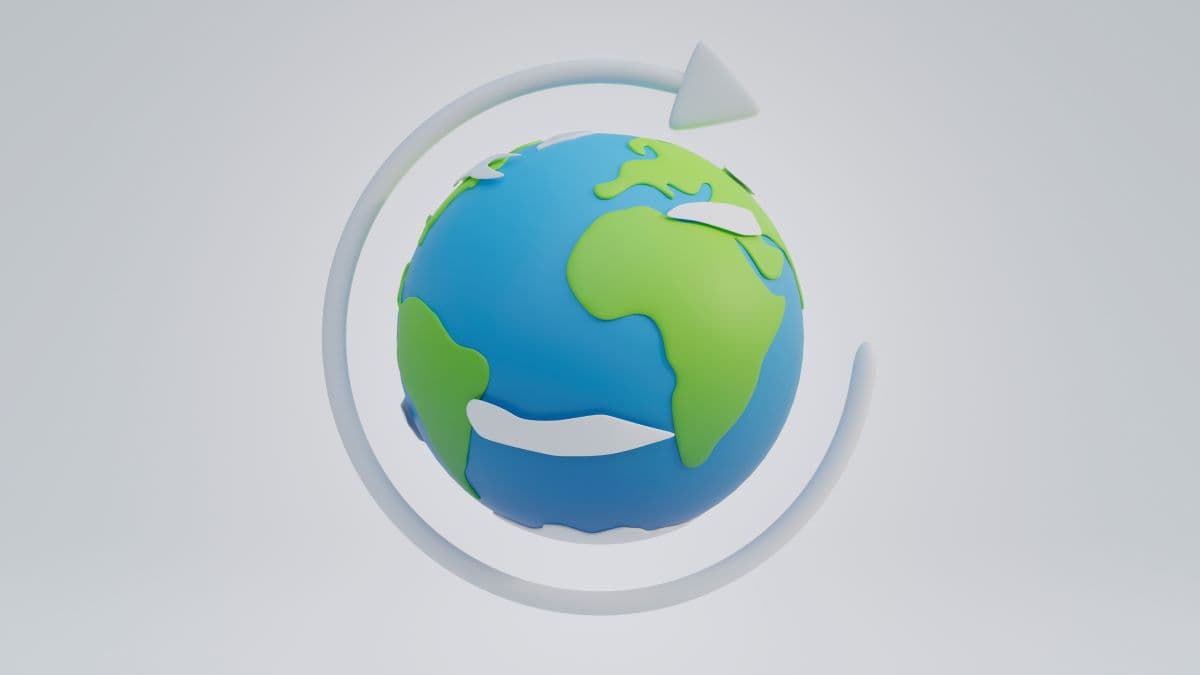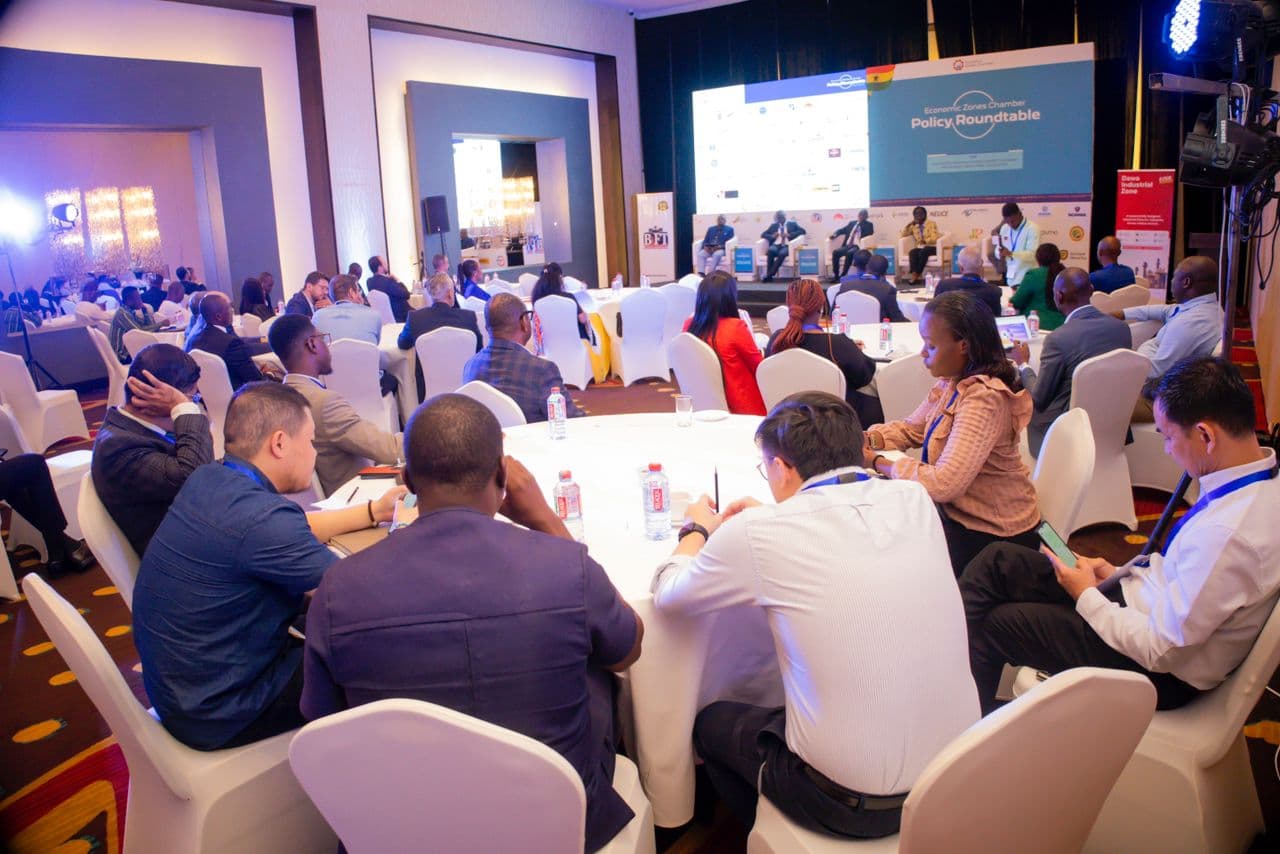Ghana has a population of 31 million, which is rapidly expanding, young, connected to the rest of the world, and technologically advanced. Many Ghanaians have close personal or professional ties to the US and have a strong preference for US products and technology. In Sub-Saharan Africa, Ghana is the third-largest market for American exports. Beyond its core sectors of agriculture, mining, and most recently, oil and gas extraction, Ghana is experiencing rapid growth in its digital, financial services, education, and franchising industries.
Opportunities exist for Asian and ASEAN businesses because of Ghana’s expanding tourism industry, transportation network, and port facilities. Ghana is a fantastic location for conducting business in Africa thanks to its Atlantic ports and frequent direct flights from the United States. Ghana is a great site to start your business plan for the African continent since it is the home of the new African Continental Free Trade Area Secretariat, which is at the center of Africa’s revolutionary regional integration.
Accra, the capital of the nation, is a vibrant metropolis with a population of about two million. Another sizable population center and a bustling business hub with nearly the same population is Kumasi, the capital of the Ashanti Region north of Accra.
Currently, Delta has daily direct flights to Accra from New York (JFK), and United offers frequent service to Accra from Washington, Dulles (IAD). Air travelers from abroad will land at Kotoka International Airport and then travel to Accra. It is advisable that business travelers verify with Ghanaian authorities about visitor visas and the prerequisites for acquiring visas upon entry into Ghana.
In Accra, there are numerous business hotels. There are many restaurants offering both international and Ghanaian food. Uber and other ridesharing services are well-known in the market, and taxis are available at the airport. At the Kotoka International Airport, hotels, and some banks, money can be exchanged for Ghanaian Cedis. In Ghana’s urban hubs, there are many ATMs that accept foreign bank cards. Only a few hotels in Kumasi are up to business-class standards; other cities have a wide selection of inexpensive to moderately priced lodging.
Ghana is currently going through a phase of fiscal tightness as the government struggles to strike a balance between its expanding deficits and debt financing responsibilities. However, Ghana’s prospects for medium- and long-term growth remain promising.
With over 350 radio stations, over 120 television operators, about 250 newspapers and magazines, as well as active and expanding internet use and social media presence, Ghana enjoys a lively media landscape.
Businesses from Asia and the ASEAN region that want to invest in Ghana are advised to take the long view and give themselves plenty of time to get to know possible collaborators and forge connections that go beyond email and text messages. Companies from Asia and the ASEAN region will come across favorably if they can send a representative to Ghana to meet with potential business partners, examine potential sites, and explore the country’s busy streets.
The ethnic groups in Ghana are incredibly diverse, each with its own distinct culture and way of life. The largest ethnic groups are the Akans (45.7%), Mole Dagbon (18.5%), Ewe (12.8%), Ga-Dangme (7.1%), Gurma (6.4%), Guan (3.2%), Grusi (2.7%), Mandi (2.0), and other (1.6%). Less than 1% of the population is not a citizen of Ghana, and 90% of those people are citizens of other ECOWAS nations.
 <noscript>
<noscript> </noscript>
</noscript>
English is the principal language of education in every school and is also the language of commerce. Local languages are spoken by Ghanaians as well, and many are spoken fluently.
Ghanaians are renowned for their warmth and hospitality. With around 95% of them participating in organized religion, they are also exceedingly religious. A little more than 71% of people identify as Christians, 19% as Muslims, 5% as indigenous or animist, while the remaining 5% are members of other religions or have no religious affiliation. Ghana has also enjoyed peaceful transitions of government following elections for decades.
 <noscript>
<noscript> </noscript>
</noscript>The Economy
Ghana saw average yearly economic growth of around seven percent in the three years before the COVID-19 epidemic, making it one of the countries in the world with the quickest rate of expansion. Ghana maintained a growth rate of 0.5 percent in 2020 and recovered with a growth of 5.4 percent in 2021 despite the economic downturn brought on by the epidemic. However, the economy is heavily reliant on the export of raw materials including gold, cocoa, oil, and gas, making it susceptible to slowdowns in the global economy and falls in commodity prices. Over the next three years, GDP growth is anticipated to be higher than five percent on average.
The major contributor to Ghana’s GDP is the services sector, which in 2021 accounted for 49% of the country’s total output due to expansions in the ICT, health, and education service sectors, among others. The agricultural sector comes in second at about 21% of GDP, after the industrial sector, which accounts for 30% of GDP. About 45% of Ghana’s workforce is employed in agriculture, primarily by small landowners.
In contrast to the $828 million in imports in 2020, a year that was impacted by the global economic slump, Ghana imported $983 million worth of goods from the United States in 2021. In 2021, the last year for which complete international data was available, China (23%), the United States (9%), India (7%), and Belgium (5%), along with the United Arab Emirates (4%), Canada (3%), and the United Kingdom (3%), were the top exporters of goods to Ghana.
Ghana shipped goods of $1.7 billion to the US in 2021. Cocoa, gold, and oil are among Ghana’s biggest exports. Chinese, Swiss, Indian, South African, Dutch, and United Arab Emirates are Ghana’s main export destinations.
In addition, both Ghana’s imports and exports of services have increased dramatically in recent years; in Sub-Saharan Africa, Ghana’s growth in service imports has been among the quickest. Ghana brought in $12 billion worth of services from around the world in 2020 and sent out about $9 billion. Imports of business services, a category that also includes computer and allied services, architectural/engineering, legal, accounting, and advertising services, are the main driver of this rise. Freight services and inbound travel/tourism are two other development sectors.
Ghana has a generally favorable business climate and is seen as a hub for investment in West Africa. The country has a stable democracy and a relatively open economy, with a history of welcoming foreign investment. It is also a member of the World Trade Organization and the African Continental Free Trade Area, which provide further opportunities for trade and investment.
The Dawa Industrial Zone (DIZ), for example, is a designated industrial park in Ghana that serves as a hub for investment and economic development. It is located 25km east of Tema in the Greater Accra region of the country and is a place where companies can set up operations and take advantage of the available infrastructure and business-friendly environment. The industrial zone is focused on a range of sectors, including manufacturing, processing, and assembly, and is intended to be a key driver of economic growth and development in the region. If you are interested in taking advantage of the investment opportunities in the Dawa Industrial Zone, contact 055-240-0000 today to learn more about investment opportunities.
Credit: International Trade Administration
Contact Investor Relations:
Email: enquiry@diz-ghana.com
Tel: 0552030000 / 0552040000
More
updates

Addressing The Infrastructure Gaps in Sub-Saharan Africa
Blog∙11th March, 2025

Regional vs. National Approaches to Trade Facilitation: Which is More Effective for Africa?
Blog∙11th December, 2024

Earn Big with Dawa Refer & Earn: Unlock Lucrative Rewards for Every Business You Refer!
Blog∙13th November, 2024

Leapfrogging the Growth Trap: Policy Initiatives for Developing Economies in a Globalized World
Blog∙4th October, 2024

Pioneering a New Era in Industrialization: Dawa Industrial Zone Champions Sustainable Development at Economic Zones Policy Roundtable
Blog∙25th September, 2024
